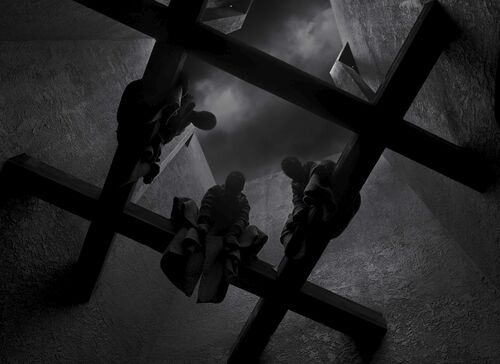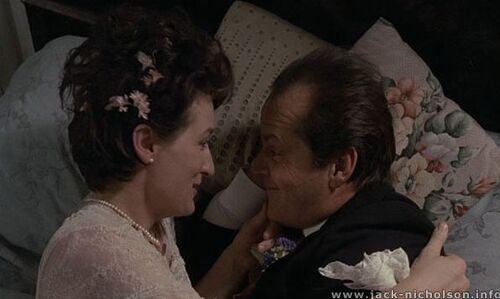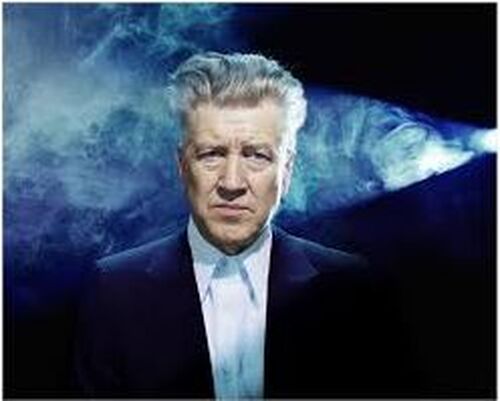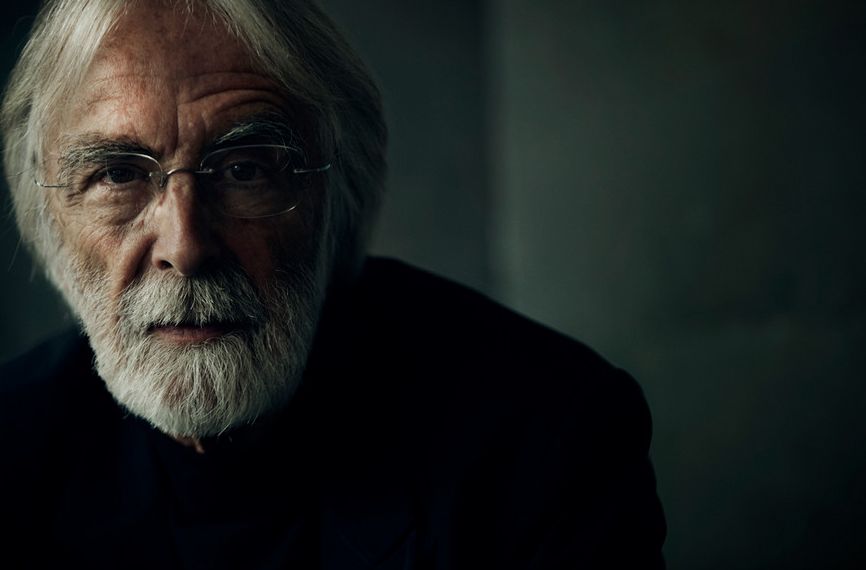
Exploring Michael Haneke: Cache
 In my writings about 71 Fragments of a Chronology of Chance, I made mention of the notion that Micheal Haneke cares a great deal about his audience, an idea I would like to further explore while thinking about his 2005 film, Cache.
In my writings about 71 Fragments of a Chronology of Chance, I made mention of the notion that Micheal Haneke cares a great deal about his audience, an idea I would like to further explore while thinking about his 2005 film, Cache.
I suppose it's not a daring claim to make that every filmmaker cares about their audience, to some degree, anyway. It is the audience, after all, that ensures the filmmaker will be able to continue making films. Some filmmakers, however, take more pains to benefit their audience than others, and one of those filmmakers, in my estimation, is Michael Haneke. Haneke goes to great lengths to bring his audiences to a place where we are forced to turn our gaze inward and adopt a level of introspection not commonly utilized. The amazing thing about Haneke's direction is that he can force the audience to see themselves in the most unrelateable circumstances. For instance, it is abnormal for an entire family to commit suicide, as in The Seventh Continent, but by highlighting the everyday aspects of life we all share, we could commiserate with the family depicted onscreen and identify with aspects of their being. Likewise, most of us aren't so obsessed yet desensitized with violence that we watch the same grotesque images repeatedly as we saw the protagonist do in Benny's Video. The naturalistic filming techniques utilized in Haneke's second feature, however, allow the audience to understand the underlying motivations of such behaviors and see in themselves similar feelings. What looks to be, on the surface, the most inapplicable messages contained within Haneke's films, turns out to be incessantly palatable when scrutinized for more than their face value.
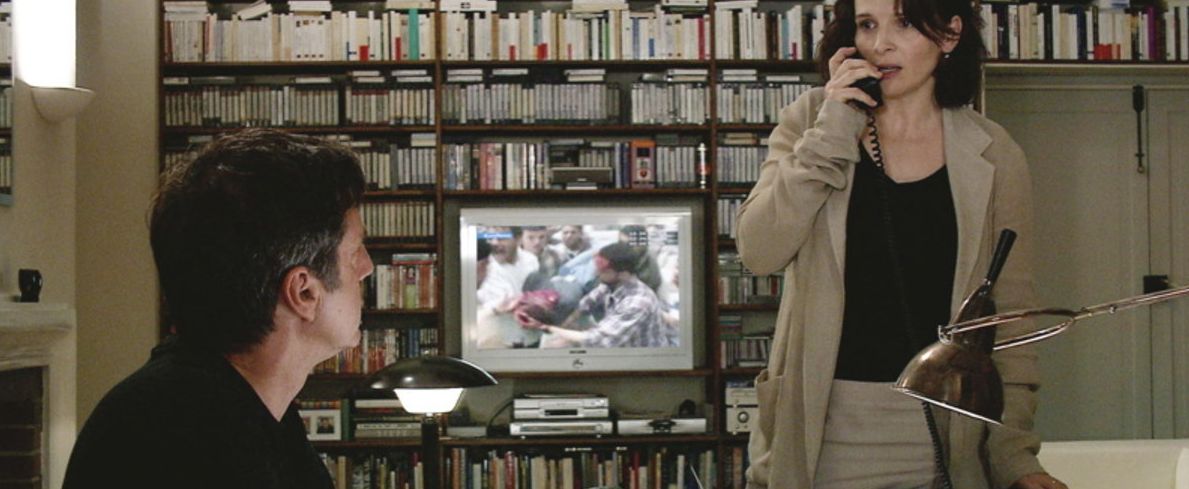
Haneke explores a number of themes that he has kept a constant focus on since the beginning of his career. The idea of familial discontent is thoroughly explored through Cache. Much like in 71 Fragments of a Chronology of Chance, the disconnect of the family is a prevalent in Cache, as well. As in his previous films, Cache also shows a family that shares no meaningful interaction while sharing meals together. In fact, the only time there is any joy expressed at the meal table is when a dinner party takes place in the family home. It is only when people that live outside of the home come into it, that any happiness seems to exist there. The couple and their only child share no affectionate interchanges, nor do they share any deep conversations. They live together, their geographic circumstances dictate that they spend a certain amount of time together since they cohabitate, but they are all but strangers in their existence. The marriage we are invited to witness is also obviously strained. Not simply a situation of comfort that has settled in between two married people who have long ago witnessed their spark snuffed out, but the body language between the couple indicate their relationship is troubled. The subtle ways Haneke expresses their discontent are masterful. One can discern, simply by the way the couple passes each other in their kitchen, that some issue is brewing beneath the surface of their relationship. It is not clear to the audience what has happened between them, but what we are able to recognize is that the couple themselves have not properly worked through the issue themselves. Haneke's audience is shown further familial disconnect when one member of the family, Georges (Daniel Auteuil) visits his mother, whom it is clear he hasn't seen in some time and struggles through conversation with her. Georges is there simply to gain an understanding that he thinks will help him solve the issue facing him currently of the videos being left on his doorstep by an unknown person. Georges believes the key to discovering the identity of the person leaving the tapes lies in his past, leading him to consult his mother about his childhood. In essence, Georges' visit with his mother is akin to that of a business meeting. He doesn't greet his mother especially warmly, he doesn't stay and chat after obtaining the information he sought, he simply leaves, as though the one responsible for his existence is another face in the crowd. What Haneke is especially adept at through Cache, is his ability to expose how disconnected we are from each other, even when one is surrounded by people. The lack of discussion taking place through Cache, even when multiple people shared a space together was especially striking. Haneke's ability to highlight such disconnection, brought to mind instances in my own life wherein several people I knew shared a car ride, or room together and each had little to say to each other. Often such disconnect is due to the overuse of smartphones creating an inability to engage with someone that is, in body, directly in front of you rather than communicating with through a screen. Such disconnect can be caused by a number of things, however, and Haneke's ability to force the audience to examine this truth speaks to his strength as a psychological and philosophical filmmaker.
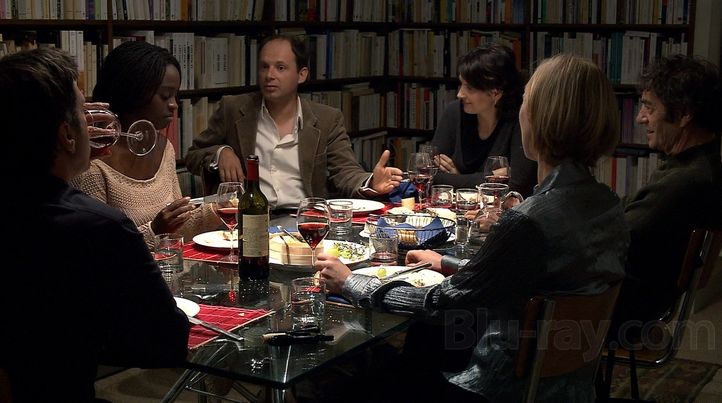
Still interested in the average person's desensitization to violence, Haneke makes a point of showing the casual ways in which human beings interact with death and destruction on a daily basis. Amidst an argument between Georges and his wife Anne (Juliette Binoche), a gruesome piece of news comes across their television showing people who were killed in grotesque detail. Not only are Georges and Anne unphased by the images, but they also continue their fighting, only escalating the violence in their own home. Later on, soldiers' deaths and the carnage of war play out on screen for the entire family to see and no one is sickened by the sight. Haneke expertly reminds us that showing such minimal reactions to intense violence is not normal, and only seems as such because it is so often shown. By spending so long showing the mundane daily activities and the repeated mechanic repetition that makes up most of our lives, Haneke reveals the number of things that we do or are useful that, when scrutinized, make little sense. We should not be able to watch human beings dying in front of us, yet, due to the 24-hour news cycle and the fact that death is what makes the news, we have grown accustomed to witnessing that which is truly heinous. Cache is unique because it explores many facets of human life that don't make sense if truly given thought. Violence, and its impact on human beings, is a constant idea explored in the films of Michael Haneke. What he also analyzes through Cache is the fear of constant surveillance and the paranoia that brings. As little sense as it makes that every waking moment of life is monitored by cameras, that's exactly the world we are entering into as technology progresses. We carry with us devices that constantly track our location, adapt to our search patterns, and have the capability to record our voice, or the voices of others in an instant. What once seemed illusory is now commonplace, to expect that every movement made outside of your home will be tracked by cameras positioned to never miss a single step. Privacy has gone by the wayside, and largely voluntarily, as the average person has multiple social media platforms they utilize bringing people into their personal lives and openly sharing details strangers would have never before been privy to. Despite the fact that we invite such transparency with our own lives, it is the times we do not invite it that makes us uncomfortable. For instance, Georges is filmed for his work, constantly inviting an audience to view him and offer scrutiny. The tapes he finds on his doorstep, however, when it is made clear that someone knows his comings and goings and films his front porch without George's nor his family's knowledge is unwelcome. Haneke invites fierce introspection here, forcing us to consider that our own relationship with technology may be a hypocritical one.
The nuances of ethnic differences is another mainstay in Haneke's work. In Cache, however, Haneke more fully explores the racial differences among people while simultaneously offering criticism to the class structure and how both influence our relationships with others. There is an intense and thought-provoking scene wherein a disgruntled Georges, crossing the street, is threatened by a person of color on a bicycle whom Georges feels was riding by too close to him. The two share a heated exchange before being goaded by Anne into agreeing that they were both in the wrong, and should each proceed into the street with more caution in the future. Race is never mentioned throughout their argument, which is actually the most poignant statement Haneke could have made. It seems as though Georges selected that encounter in order to blow off some steam, and picked a person he deemed socially beneath him as the target of his abuse. In addition to that troubling probability, Haneke is also making a powerful statement on social liberalism. It is the person that describes themselves as socially liberal that will pride themselves on not describing a person using their race or ethnicity. Who knows, however, what occupies the private thoughts of these social liberals. Does Georges ever think anything racist, and simply refrain from vocalizing it? Haneke also calls the viewers attention to race and how we interact with the racial tension around us by constantly highlighting such issues on the television sets constantly playing in the background. Perhaps Georges' social status and class are all that prevents him from shouting racial obscenities when he engages in altercations on the streets. This focus on this particular snag of social liberalism is one largely ignored but adeptly explored by Michael Haneke.
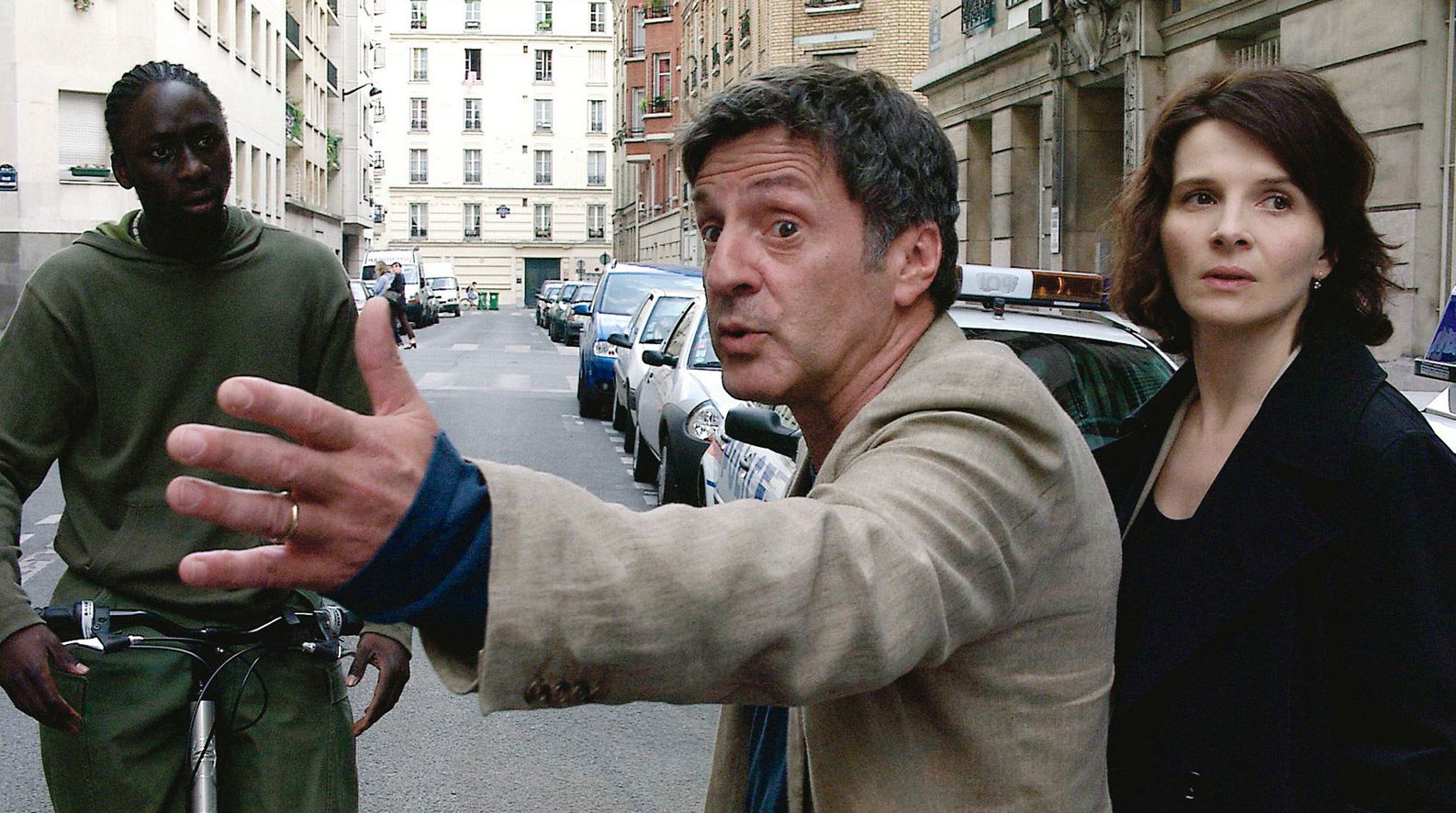
Michael Haneke is a filmmaker who consistently wants to take his audience to a higher plane. Philosophy and psychology, though governing the human condition, are often overlooked as thematic elements in film. Haneke's direction focuses solely on the larger contemplations of existence in a way that encourages the audience to think about their own place in the world and how they interact with others. Crafting films that provide for such a breadth of self-analysis shows Haneke's fondness for his audience. By so strongly encouraging such self-reflection, watching Haneke's films is always a profoundly meaningful experience. Michael Haneke depicts the most mundane parts of existence, the banal chores, and the least exciting aspects of life. These monotonous moments are not the ones we choose to fill our photo albums with, but they do make up the largest portions of our lives. Inviting such introspection, and spending so thorough a time filming the long takes of the most tedious tasks, Haneke is not a filmmaker visited for a quick thrill. One of my favorite scenes I watched this year was in Twin Peaks: The Return where the audience witnesses a nearly three-long scene wherein someone is sweeping a floor. The only point of interest comes briefly in the scene in which someone makes a phone call in the background, providing little details. I adore this scene so much because it is so unexpected. Watching scenes such as this also requires the audience to slow down and be more present in the moment they are witnessing. Michael Haneke makes entire films based on the notion of slowing an audience's expectations and forcing them to turn the mirror on themselves and examine their collection of items stored in a hidden or inaccessible place, or, their cache.
